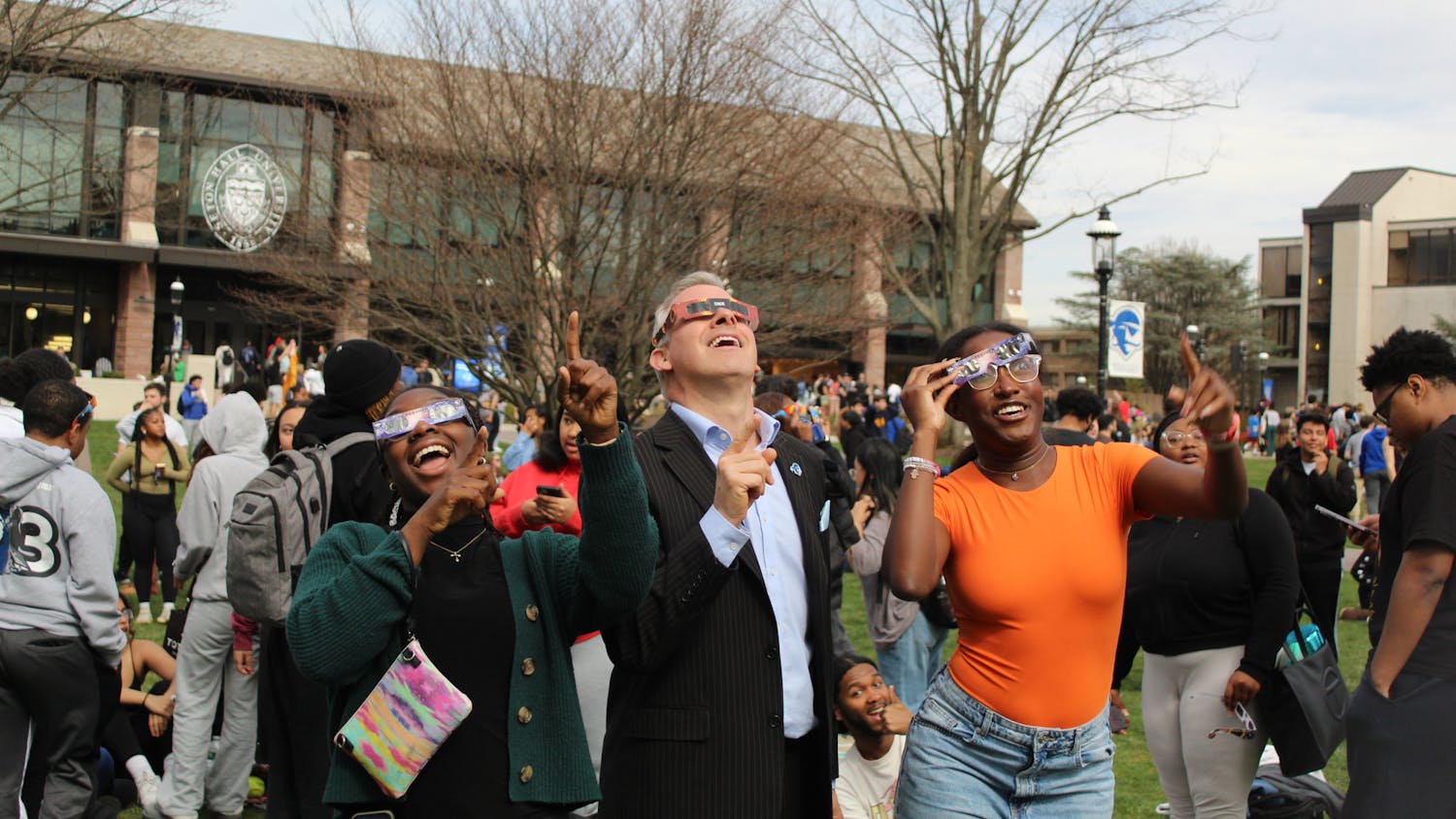With midterms right around the corner, students will miss out on sleep during the coming weeks.
More than 25 percent of Americans have trouble developing healthy sleeping patterns, and these problems can be caused by any form of stress or emotional anxiety, according to Seton Hall's office of Counseling and Psychological Services.
Getting too little sleep is not a simple matter of being tired the next day.
Students who have gone with- out sleep for extended periods report experiencing everything from grumpiness to hallucinations.
"I've stayed up for about 72 hours before," senior Daniel Adamitis said. "I just remember feeling groggy, tired, short-tempered and hungry."
According to Adamitis, this study technique had a negative impact on his health. He said he still believes it will benefit him to continue this pattern, "It's more important to succeed academically than get the required sleep," he said.
Senior Andrew Linder said, "I think it's an unfortunate aspect of the college lifestyle, whenever midterms and finals roll around, that people are forced to be staying up later than they should."
As long as they feel pressured by their tests, some students will continue to pull all-nighters in the belief that it is the best way to ensure they are as prepared. The methods students choose to stay awake vary from massive amounts of coffee to short exercise breaks between assignments.
"I'm usually on some combination of caffeine, nicotine and sheer willpower," Adamitis said. "I like to give myself a little bit of credit for being able to push through the sleep."
According to junior Brenton Warn, taking breaks to do a few push-ups after he reaches a study goal works well for him. While it is important for students to do well on their tests, the staff at Counseling and Psychological Services said it is imperative to develop a regular sleeping schedule and healthy pre-bedtime activities.
According to staff psychologist Dr. Jude Uy on the office's website, students should "go to bed the same time every night, wake up the same time every morning, even on the weekends."
"You want to also keep your bed just for sleeping," added staff psychologist Dr. Sandra Ackerman. "Don't read in bed, don't eat in bed, don't go on your computer or watch TV in bed, no homework in bed. You want to be able to associate hitting the pillow and going to sleep."
Still, many students say they feel it is necessary to stay up and study all night.
"I pull all-nighters every exam period," Linder said. "That's not something that's going away anytime soon."
Joseph Grogan can be reached at joseph.grogan@student.shu.edu.





